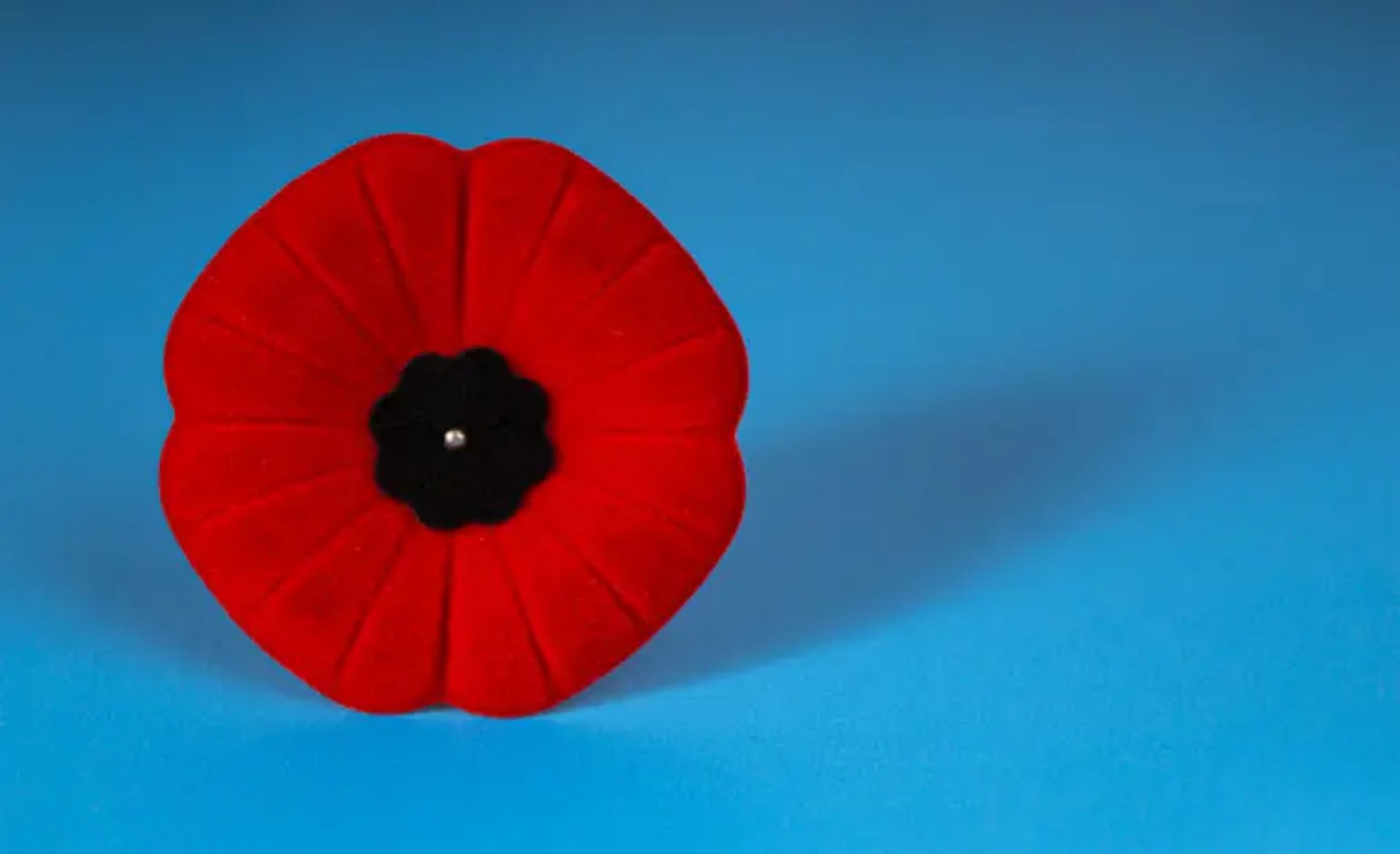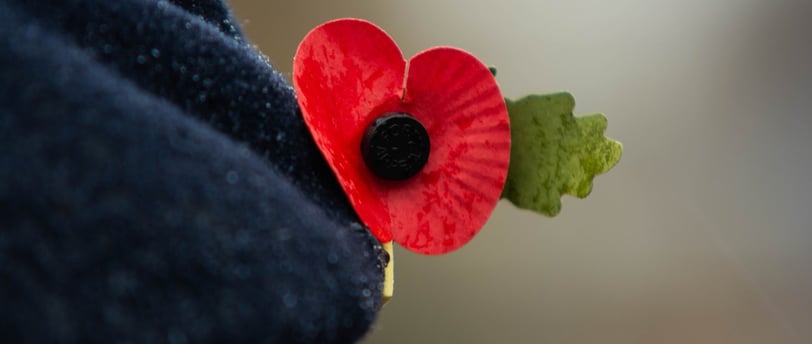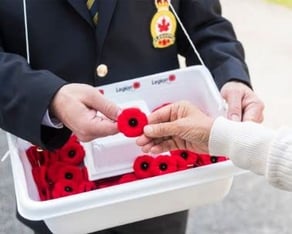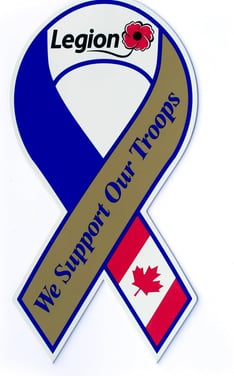
The Legion and Remembrance Day: A Call to Remember, A Call to Act
Each year, on November 11th, we pause. The world, for just two minutes, comes to a halt. The ticking of time slows. We stand in silence, heads bowed, hearts open, as a mark of respect for those who served, and those who gave their lives, in the defense of freedom. The Legion and Remembrance Day is not just a day on the calendar—it is a powerful reminder that our peace and the privileges we often take for granted are paid for with sacrifice.


Remembrance Day: The Silence Between Us
Armistice Day marked the end of World War I. It was on November 11, 1918, at the 11th hour, that an agreement was signed to end the fighting on the Western Front. The world had been torn apart by four years of brutal conflict, and in its aftermath, the world needed to heal, reflect, and ensure the horrors of war were not forgotten.
But Remembrance Day, much more than a date, has become a living ritual of gratitude, a collective vow to honor those who stood in the face of unimaginable danger so we could live in a world of relative peace. In the United Kingdom, Canada, and many other Commonwealth nations, it’s a moment where time stops—not just to remember the past, but to reflect on the responsibility we all bear moving forward.
It’s a paradox: we observe a two-minute silence to honor lives lost in the most violent of circumstances, but in that silence, we are given the rare opportunity to hear the lessons those lives leave behind.
The Legion: Guardians of Memory, Champions of Veterans
Founded in 1925, the Royal Canadian Legion was created to provide support to veterans returning from World War I. What began as a simple effort to assist those who had served in the war has blossomed into an organization that plays a crucial role in Canadian society, not just on Remembrance Day, but throughout the year.
The Legion is more than just an institution—it’s a community of resilience and remembrance. Through its work, the Legion provides:
Financial and Emotional Support: Veterans returning from war often face hardships—physical, emotional, and psychological. The Legion ensures veterans and their families have access to resources, including healthcare, counseling, and financial aid.
Poppy Campaigns: The Legion is synonymous with the Poppy Campaign. The red poppy, symbolizing the bloodshed and sacrifice of war, is worn by Canadians (and others in the Commonwealth) to show respect for fallen soldiers. Each donation made when purchasing a poppy goes toward supporting veterans and their families.
Public Education: The Legion isn’t just about remembering the past—it’s about educating future generations. It runs educational programs and resources for schools and communities to teach young people about the significance of Remembrance Day, the importance of peace, and the cost of war.
Advocacy: Even after the wars end, the Legion continues its work by advocating for veterans. The organization works tirelessly to ensure that the needs of those who have served are met—whether that’s pushing for better healthcare, better pensions, or improved mental health services.
The Poppy: A Silent Reminder
Perhaps nothing is more synonymous with Remembrance Day than the poppy. Its simplicity is powerful. A small red flower that grows in fields ravaged by war, the poppy stands as a tribute to the soldiers who lost their lives in the trenches. When Lieutenant Colonel John McCrae, a Canadian doctor, wrote the poem In Flanders Fields in 1915, the image of the poppy emerging from the devastated soil of battlefields became a poignant symbol of both grief and hope.
But the poppy is more than just a symbol—it’s an active reminder that the freedom we enjoy has been hard-won. Wearing the poppy during the weeks leading up to November 11 is a way for us to actively participate in remembrance and reflect on the cost of conflict.
Why Remembrance Day Still Matters
In the world of 2024, war feels distant. With so much time having passed since the world wars, the horrors of the battlefield can seem like abstract history. We may look at the world today—divided, conflict-ridden, uncertain—and wonder if the sacrifice of those who came before us is truly relevant anymore. But it is.
Remembrance Day is a day for more than just remembering. It’s a day for reflection. For asking questions that stretch beyond the ceremonies and silence. Questions like:
What does peace really mean?
How do we ensure that future generations understand the cost of war?
What are the real, ongoing needs of veterans?
What is our responsibility to those who served, not just today, but every day?
Every time we wear a poppy, attend a service, or observe the two-minute silence, we participate in something larger than ourselves. We honor the sacrifice of soldiers, yes—but we also reaffirm our shared responsibility to ensure their service was not in vain. Remembrance Day asks us to look at the world and ask: How can we contribute to peace? How can we help those who served us—and continue to serve us—in our own time?
The Ongoing Mission
The Royal Canadian Legion does more than ensure veterans are cared for—it calls us to action. Remembrance Day isn’t just a one-day event. It’s a spark that should carry forward. The work of the Legion, and the spirit of Remembrance Day, should inspire us to:
Advocate for veterans’ rights every day—not just on November 11th.
Commit to building a society that values peace and diplomacy.
Support the mental and physical health of those who have served.
Educate our children about the importance of peace and the sacrifice it takes to preserve it.
As we wear our poppies, as we attend ceremonies, as we listen to the haunting notes of the Last Post echo across memorials, we are reminded that the world’s peace is fragile. But we can honor the fallen by living the values they fought for: courage, sacrifice, and hope.
In silence, we remember. But in action, we make their memory live.
In the Silence, We Remember; In the Living, We Honor
On November 11th, the Legion stands as a symbol of remembrance, resilience, and hope for the future. Remembrance Day is not just about looking back—it’s about shaping the future through our shared commitment to peace and the dignity of those who have served.
So, as you pause for two minutes of silence this November 11th, remember that your moment of stillness is not the end. It’s a beginning—a reminder that remembrance should move us to live lives of action, honor, and gratitude, every day.
We owe it to the fallen. We owe it to ourselves
Explore More
Inspiration
Explore tips for fitness, decor, and wellness.
Connect
Discover
© 2024. All rights reserved.






